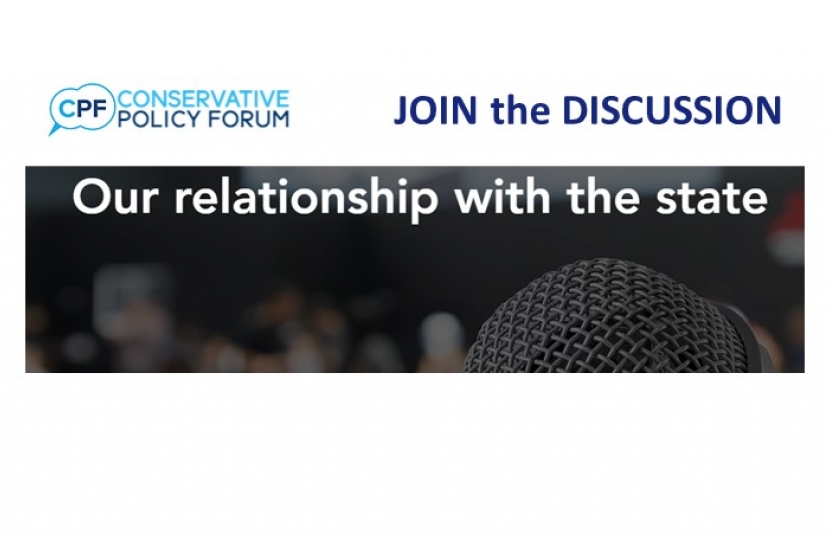
We shall be holding a discussion group in Christchurch & East Dorset Constituency which all are welcome to attend.
The subject will be:
Our Relationship to the State
If you are interested in attending please
1) send an email to [email protected]
2) with the subject; "next CPF discussion group".
And we look forward to seeing you there!
-
Introduction to the Subject:
Our Relationship with the State
“The unifying purpose of the UK’s national security and international policy is to ensure that the things that define us as a nation – our open society and economy founded on democratic values – remain sources of strength and comparative advantage, driving prosperity and improving the well-being of people across the Union.”
“Tensions between democratic and authoritarian states are highly likely to become more pronounced, as authoritarian states seek to export their domestic models, undermine open societies and economies, and shape global governance in line with their values.” (The Cabinet Office, Global Britain in a Competitive Age, 16 March 2021)i
Back in 2017-18, the CPF led the Party in a reflection on what constitutes Conservative values. Over 1,200 members from at least 132 constituencies identified a list of distinctive and enduring core priorities that they felt the Party should draw on in navigating the challenges of our age. About 4,000 Party members then rated the importance of each of these values. The set that most clearly defined Conservatism, in the view of these members, was as follows:
-
pro-freedom
-
pro-defence
-
pro-justice
-
pro-enterprise
-
pro-democracy
-
principled
-
responsible
-
forward-looking
-
pro-opportunity
In other words, as one CPF Group observed in response to one of our recent consultations, “TheConservative Party is the party of freedom, personal responsibility and a light touch by the state.”
The question is, what does that look like in practice? CPF Groups, often ahead of emerging trends, have already been considering such issues. For instance, in response to our early 2021 consultation on the Union and Constitution, another Group proposed:
“A Constitution statute defining the acts and treaties which make up the constitution, i.e. Magna Carta, the Bill of rights, the treaty and acts of union, the Parliament Act, the Representation of the people Act, Human Rights Act, Scotland Act, Wales Act, Northern Ireland Act, plus a new Act which codifies in statute law the Salisbury-Addison convention, and provides for the ability of a reformed House of Lords to veto until the next election proposals that are not in the manifesto of the governing party.”
-
Key Questions to be discussed at this event include:
-
What do the enduring core values of Conservatism mean in practice for policy-making and policy-makers today?
-
Post-Brexit, what sort of state do we want to be? What do we do with control, now that we’ve taken it back?
-
Post-COVID, has the social contract and people’s expectations of government fundamentally changed? If so, how? If not, why not?
-
Does “levelling-up”—and the more significant government intervention in the economy that it implies—change our relationship with the state? If so, how? If not, why not?
-
How has the digital revolution transformed our willingness to share data and interact with government online? Do we want symmetry in our relationship with the state online/offline or are we willing to concede certain things in different domains?
-
In an age of identity politics, what more might government do to promote social cohesion?
-
Is there any other observation you would like to make?

